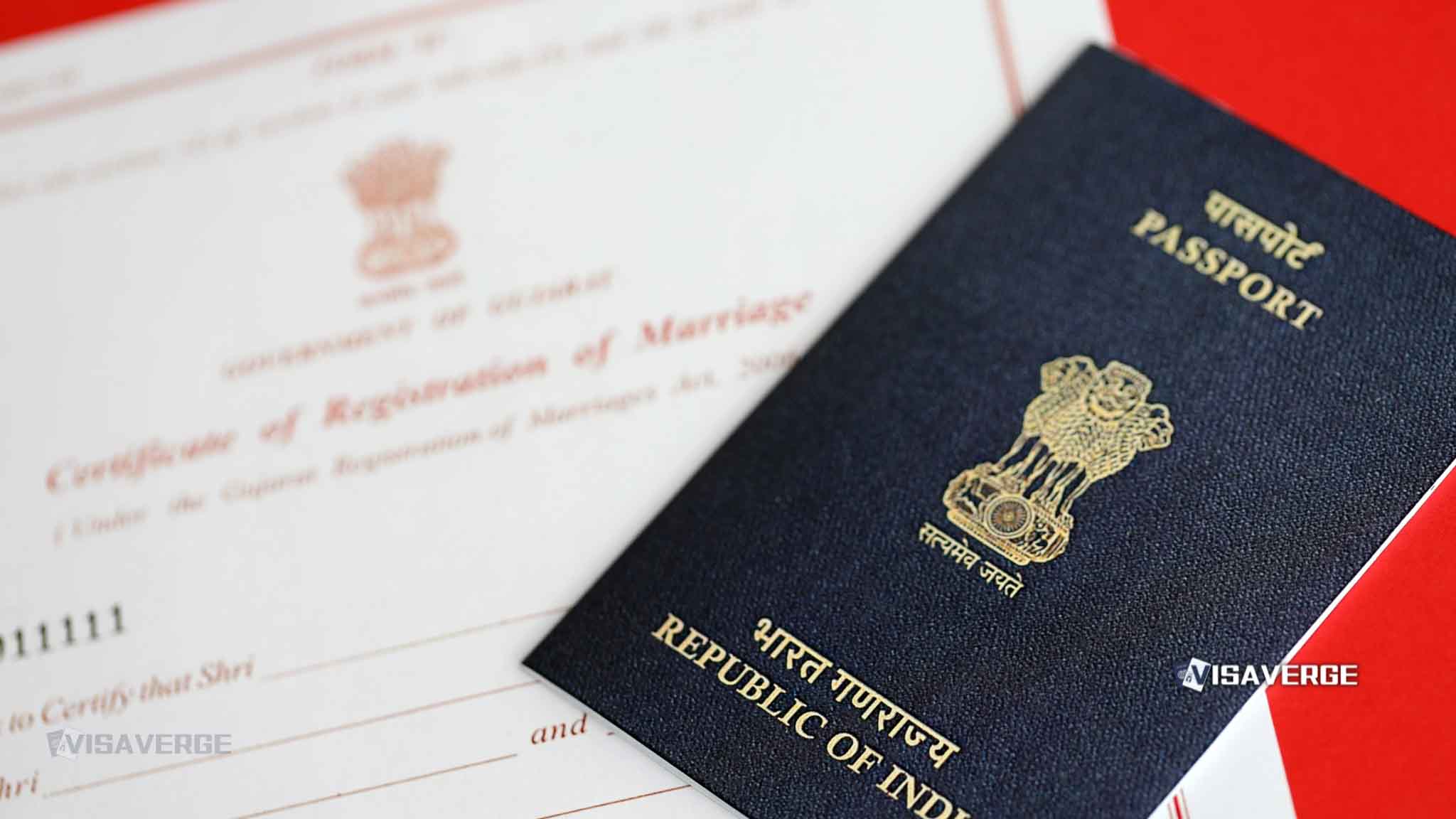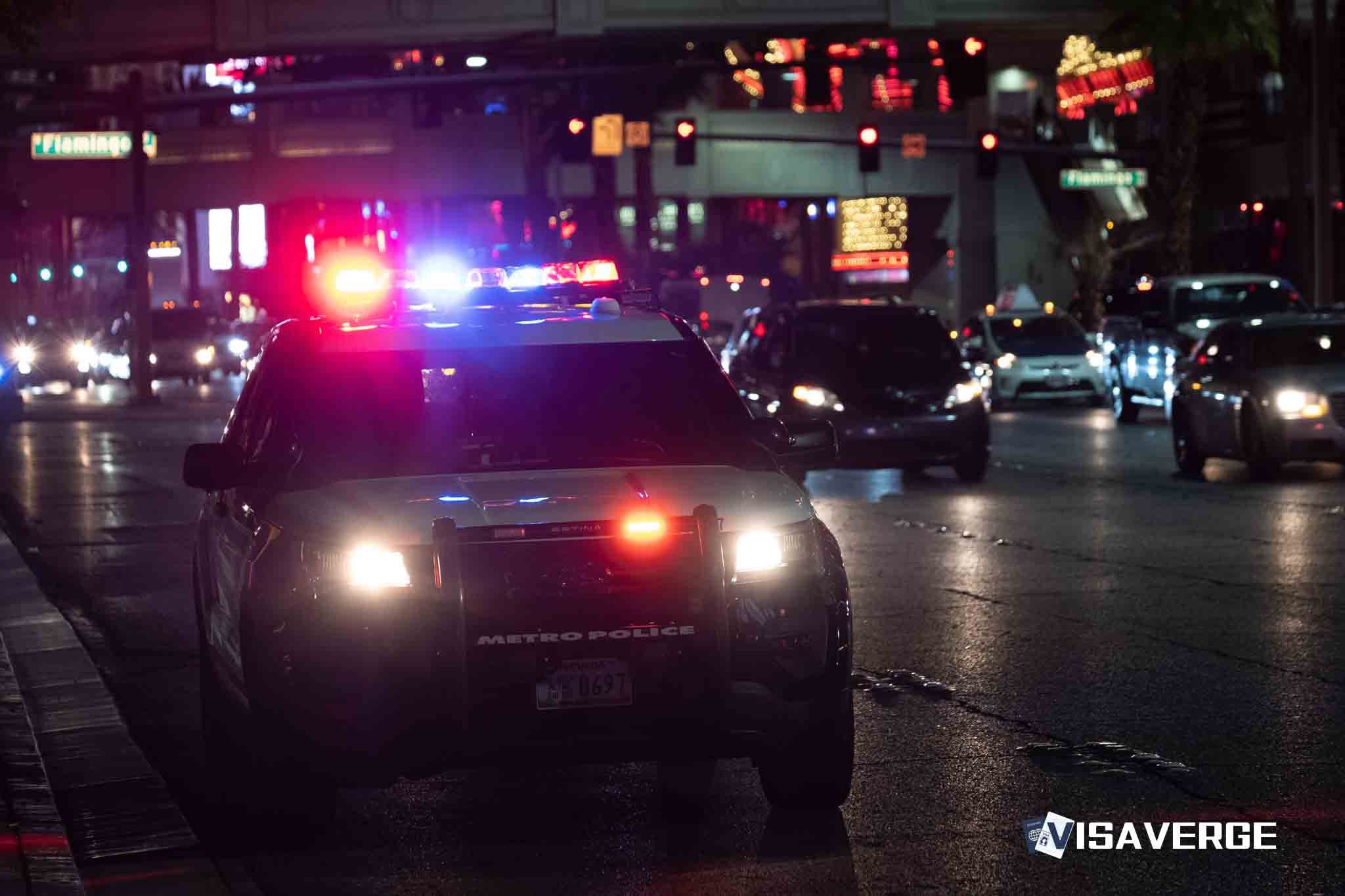International student arrivals to the United States are falling fast in 2025, with the steepest declines from Asia—especially China and India. Campus officials say new federal rules, consular backlogs, and recent entry limits under President Trump have combined to choke the fall intake.
Colleges now expect to enroll far fewer new students from abroad than planned, and many admitted students report they can’t get a visa interview in time for classes.

Fall 2025 outlook and scale of the decline
The outlook for Fall 2025 is stark:
- Institutions project up to 150,000 new international students will not arrive.
- That represents a 30–40% drop in new enrollments and a 15% overall decline in international student numbers, according to NAFSA and campus leaders.
- VisaVerge.com links the cuts to policy shifts and processing delays that hit Asian applicants hardest.
- State Department data showed sharp declines in F‑1 issuances, foreshadowing today’s enrollment shortfall across campuses.
Policy changes and processing bottlenecks
Key recent developments:
- Between May 27 and June 18, 2025, the U.S. Department of State paused all student visa interviews during peak season, creating a backlog many consulates still haven’t cleared.
- As of June 18, 2025, new guidance introduced expanded social media screening for all F‑1, M‑1, and J‑1 applicants, which adds more checks and stretches processing times.
- On June 4, 2025, President Trump signed a proclamation restricting entry from 19 countries, with more additions under review.
Appointment availability remains scarce in several major source countries. Students in China, India, Japan, and Nigeria report interview dates are limited or unavailable; many are deferring to spring or abandoning plans.
The ripple effects are especially sharp in science and engineering programs that typically rely on large international cohorts to staff labs and keep research timelines on track.
Policy focus has also turned to Chinese students. On May 28, Secretary of State Marco Rubio announced plans to “aggressively revoke” and apply heightened scrutiny to visas from China and Hong Kong, especially for those in “critical fields” or with alleged ties to the Chinese Communist Party.
DHS leaders have warned universities they risk loss of SEVP authorization if they fall short of federal requirements, signaling closer oversight of campuses.
These combined policy shifts and processing delays have created both immediate enrollment shortfalls and longer-term uncertainty for universities, research programs, and students.
Economic and campus impact
Projected and observed impacts include:
- A potential removal of $7 billion from higher education and local economies.
- An estimated loss of about 60,000 jobs connected to student spending.
- Pressure on tuition, housing, dining, and nearby businesses that rely on steady student traffic.
- Community colleges and regional universities—often reliant on full-pay international enrollments—are cutting programs or delaying hires to plug budget gaps.
Early campus signals:
- Shoreline Community College reported a 24% drop in applicants, a warning sign for other two‑year colleges that depend on pathway programs.
- Institutional research offices are revising yield estimates weekly.
- International student advisers are fielding daily messages from families stuck in administrative processing or blocked by travel bans.
Advocacy and business responses:
- Groups including NAFSA urge the State Department to open more interview slots and exempt students from entry bans, warning the U.S. risks losing talent and tuition to competitor countries.
- Business groups point out employers rely on this pipeline for internships and early‑career hiring.
- Students and parents report mounting anxiety, confusion, and late‑night searches for faster or safer study options abroad.
Federal rationale and legal counterpoints:
- Administration officials say extra vetting is needed for sensitive technology fields and to address foreign influence concerns on campus.
- Legal experts argue sweeping revocations and prolonged checks can undermine due process and harm the country’s reputation as a predictable study destination.
Visa disruptions are shifting choices:
- Education agents report more families are selecting the UK, Canada 🇨🇦, and Australia, where decision times feel steadier.
- For many, a delayed F‑1 now means a lost semester, extra housing deposits abroad, and missed scholarships.
- Students who planned to join research teams this fall are scrambling to keep remote roles or defer experiments that require on‑site lab access.
Practical steps for admitted students
- Secure your school document:
- Form I‑20 (F‑1/M‑1) or DS‑2019 (J‑1) from your institution or sponsor.
- Pay the SEVIS I‑901 fee at the official DHS portal and save the receipt:
- https://www.fmjfee.com/i901fee/index.html
- Complete the DS‑160 online nonimmigrant visa application:
- https://travel.state.gov/content/travel/en/us-visas/visa-information-resources/forms/ds-160-online-nonimmigrant-visa-application.html
- Try to book a consular interview; check multiple posts if allowed by local rules.
- Prepare for expanded social media screening and possible administrative processing:
- Keep records of usernames and accounts you’ve used.
- Watch the U.S. Department of State visa updates:
- https://travel.state.gov for notices on interview availability and entry limits.
- If an interview is unavailable before classes, contact your school about:
- Deferral options, and updated I‑20/DS‑2019 dates.
- If you face a travel restriction, ask your school about:
- Distance learning options or a different start term.
Legal fights continue. Courts have already stepped in to restore some terminated student records, and one ruling temporarily blocked DHS from cutting off a university’s ability to enroll students after its SEVP certification was revoked. Attorneys expect more suits if broad travel bans expand or visa revocations proceed without clear explanation.
Short‑term outlook and recommendations
- For China and India, the next few weeks will likely decide whether fall cohorts recover at all.
- If interview slots remain scarce and checks lengthen, many seats will go empty and university research centers that rely on graduate assistants may delay projects or reduce lab hours.
- Families face sunk costs for deposit deadlines, housing, and flights that are hard to recover.
If current policies hold, higher education groups warn of further declines next spring and beyond. If adjustments arrive—such as more appointment capacity, student exemptions from entry bans, or faster security reviews—some damage could be reversed.
For now, the safest advice for any international student:
- Plan for delays, keep close contact with your school, and document every step of the visa process.
This Article in a Nutshell
Fall 2025 threatens a major international student shortfall: up to 150,000 delayed arrivals. Policy shifts, paused interviews, and added social‑media screening have reduced F‑1 issuances. Campuses face budget gaps, lost jobs, and interrupted research. Students should secure I‑20/DS‑2019, pay I‑901, complete DS‑160, and prepare documentation for administrative delays.













